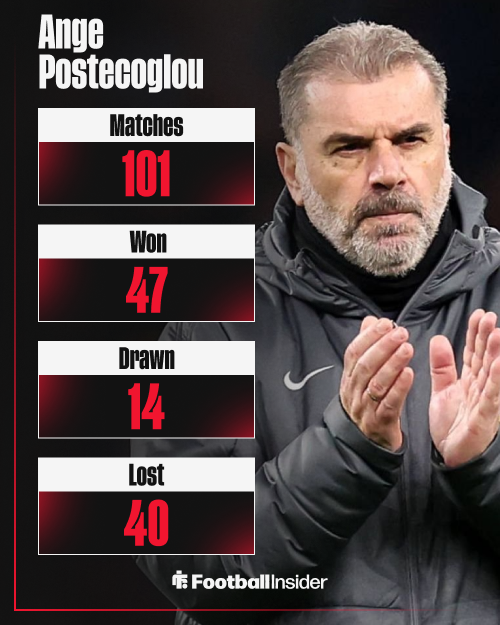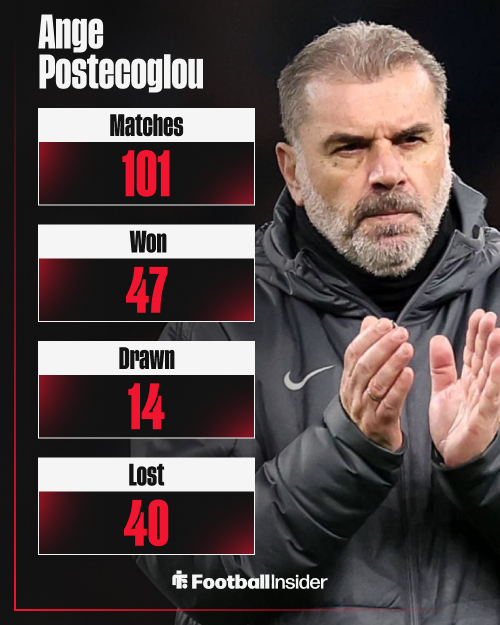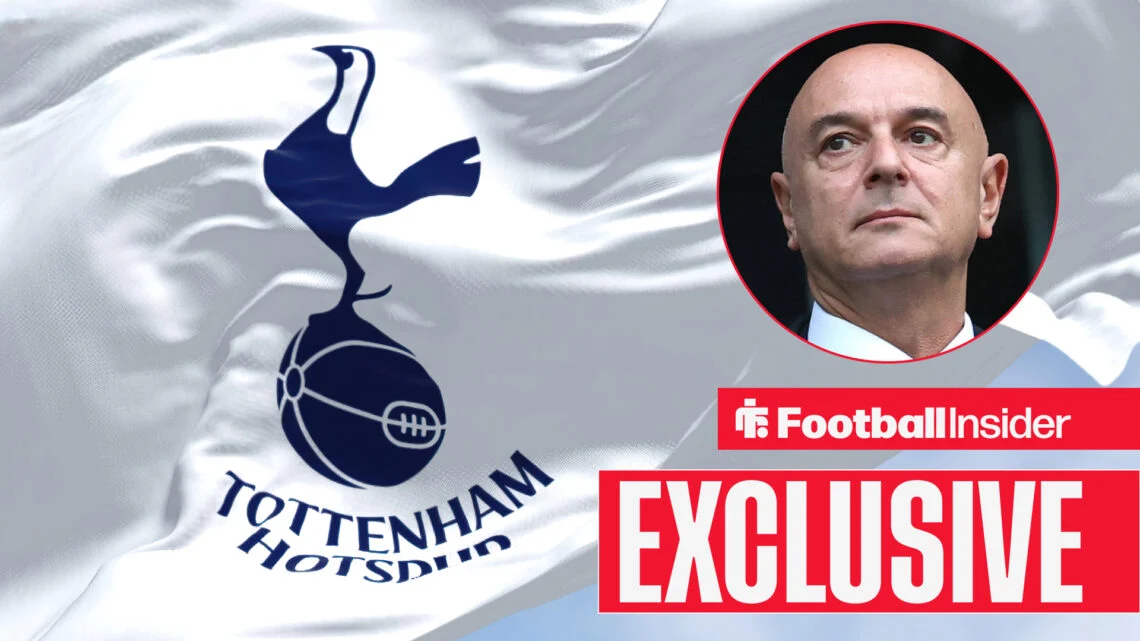Tottenham Hotspur stand on the precipice of transformative changes both in the boardroom and on the touchline, with advanced negotiations underway for a partial takeover that would value the club at a staggering £5 billion.
Football Insider sources reveal that discussions with Qatari investors, former Newcastle executive Amanda Staveley, and US-based MSP Sports Capital have accelerated in recent weeks, potentially heralding a new era for the North London giants.
This seismic shift in ownership structure coincides with crucial decisions about Ange Postecoglou’s future, creating a perfect storm of change at Tottenham Hotspur Stadium.
The proposed £5 billion valuation – nearly double Forbes’ independent assessment of the club’s worth – reflects both Tottenham’s world-class infrastructure and their untapped commercial potential.
This astronomical figure becomes even more remarkable considering ENIC’s original £22 million purchase in 2001, demonstrating the extraordinary growth of Premier League valuations.
The timing of Donna-Maria Cullen’s sudden departure from the Spurs board suggests these negotiations have reached a critical phase, with the long-serving director’s exit potentially clearing the way for new investors to shape the club’s future direction.

Executive Turmoil Meets Footballing Uncertainty
This period of boardroom transition unfolds against a backdrop of significant upheaval in Tottenham’s executive team. New chief executive Vinai Venkatesham has barely settled into his role, while questions swirl around chief football officer Scott Munn’s position and operations director Matthew Collecott’s future responsibilities.
This leadership vacuum compounds the uncertainty surrounding Postecoglou, whose tenure hangs by a thread despite delivering the club’s first trophy since 2008.
Football Insider understands Tottenham’s hierarchy strongly leaned toward dismissing the Australian manager last weekend, with a final decision expected imminently.
The brutal reality of a 17th-place Premier League finish – their worst since 1977 – appears to have outweighed the euphoria of Europa League glory and Champions League qualification.
Postecoglou’s tactical inflexibility during the club’s alarming domestic collapse has seemingly eroded the board’s confidence, despite his success in ending Tottenham’s painful trophy drought.
Frank Emerges as Frontrunner for Hotseat
Brentford’s Thomas Frank has solidified his position as the leading candidate should Tottenham opt for change, outmaneuvering other contenders like Marco Silva and Andoni Iraola in the race for the potential vacancy.
The Danish manager’s six-year tenure at Brentford has impressed Tottenham’s decision-makers, particularly his ability to consistently outperform financial constraints while implementing an attractive, progressive style of play.
Frank’s proven Premier League pedigree and reputation for developing young talent align perfectly with Tottenham’s needs as they prepare for a crucial summer rebuild.

| Tottenham’s Critical Decision Points |
|---|
| Ownership: £5bn valuation negotiations with multiple consortiums |
| Management: Postecoglou’s future to be decided this week |
| Executive Team: Venkatesham new CEO, Munn’s future uncertain |
| Succession Plan: Thomas Frank leads candidate shortlist |
| Squad Building: Champions League demands major reinforcements |
The potential ownership change adds fascinating complexity to these footballing decisions. New investors may prefer to install their own managerial choice rather than inherit Postecoglou, making Frank’s appointment more likely if the takeover progresses.
Conversely, the Australian’s European success could convince fresh backers to maintain continuity during the transition period. This delicate interplay between financial and sporting considerations underscores the high-stakes nature of Tottenham’s current predicament.
From a tactical perspective, Frank would represent both evolution and pragmatism. His Brentford sides have demonstrated the defensive organization Tottenham so sorely lacked last season, while maintaining enough attacking verve to satisfy supporters’ expectations of entertaining football.
The Dane’s flexibility to switch between back-three and back-four systems would also suit Tottenham’s current squad composition, allowing for a smoother transition than more ideologically rigid candidates might demand.
Financially, the proposed £5 billion valuation reflects Tottenham’s status as one of world football’s most lucrative franchises. Their state-of-the-art stadium, world-class training facilities, and global fanbase make them an attractive investment despite recent on-field struggles.
For prospective buyers, the opportunity to acquire a stake in a Champions League club with such infrastructure at a time when Premier League valuations continue soaring represents a rare chance to secure a premium football asset.
As the week progresses, Tottenham fans await clarity on both ownership and management fronts. The decisions made in these coming days could define the club’s trajectory for the next decade – whether they capitalize on their hard-won Champions League qualification to reestablish themselves among England’s elite or risk squandering this opportunity through indecision or misjudgment.
One thing remains certain: at £5 billion, Tottenham’s new investors will demand immediate returns, raising the stakes even higher for whoever occupies the dugout next season.

